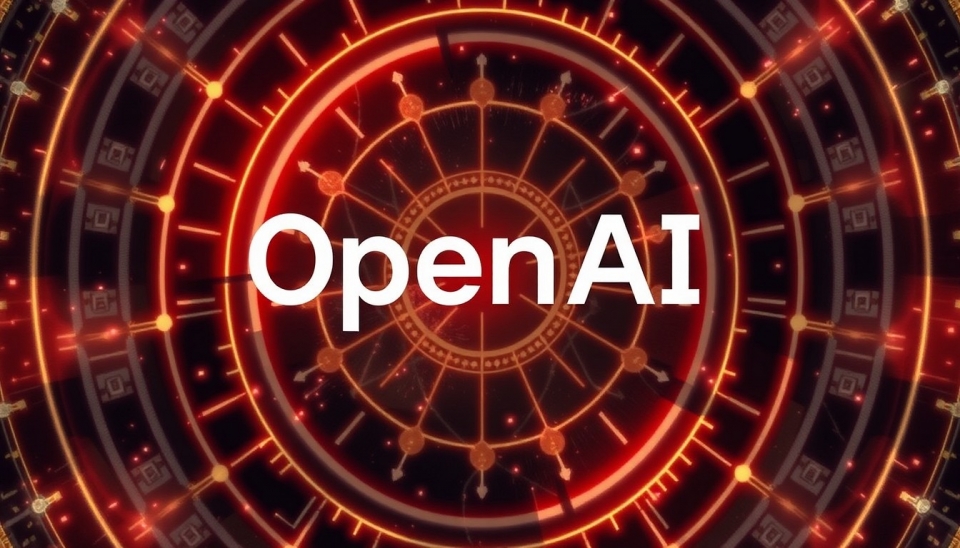
In a significant development that underscores the evolving landscape of artificial intelligence regulations, OpenAI has reached out to the White House, requesting federal intervention to alleviate the burden of varying state-level AI regulations. This move comes as the tech industry grapples with an increasing patchwork of legislative frameworks designed to govern the use of AI across different states.
The urgency behind OpenAI's appeal is rooted in the complexity and potential for conflicting regulations that could emerge as different states pursue their own approaches to AI governance. As states like California and New York implement stringent rules aimed at ensuring ethical AI deployment and safeguarding user data, OpenAI argues that a more cohesive federal framework is necessary. The company is concerned that fragmented state regulations could stifle innovation and hinder the development of beneficial AI technologies.
OpenAI's representatives highlighted that a unified approach at the federal level would not only streamline compliance for tech companies but would also foster a safer and more reliable environment for AI advancements. The organization's appeal to the White House comes ahead of anticipated discussions among federal lawmakers regarding the introduction of comprehensive AI legislation.
As the government looks to address the risks associated with AI while balancing the need for innovation, OpenAI's request emphasizes the importance of collaboration between tech companies and policymakers. The dialogue initiated by OpenAI is likely to resonate with other players in the tech sector who are also feeling the strain of navigating diverse state regulations.
Industry experts have noted that the implications of state-level legislation could ripple through the technology landscape, affecting everything from startups to established tech giants, and potentially leading to a slowdown in AI deployments across various sectors. With OpenAI positioned at the forefront of AI development, their call for federal support is seen as a pivotal moment that could shape the future of AI governance in the United States.
As this situation unfolds, it remains to be seen how the federal government will respond to OpenAI’s request and whether a cohesive regulatory framework will be established that addresses the concerns of both innovators and regulators alike. The outcome could have far-reaching effects on how AI technologies are developed, implemented, and governed moving forward.
In conclusion, the ongoing dialogue surrounding AI regulation underscores the critical intersection of technology development and public policy, highlighting the need for a balanced approach that fosters innovation while ensuring public safety and ethical standards are upheld.
#OpenAI #AIRegulations #TechPolicy #Innovation #EthicalAI #FederalIntervention #StateLaws
Author: Liam Carter




